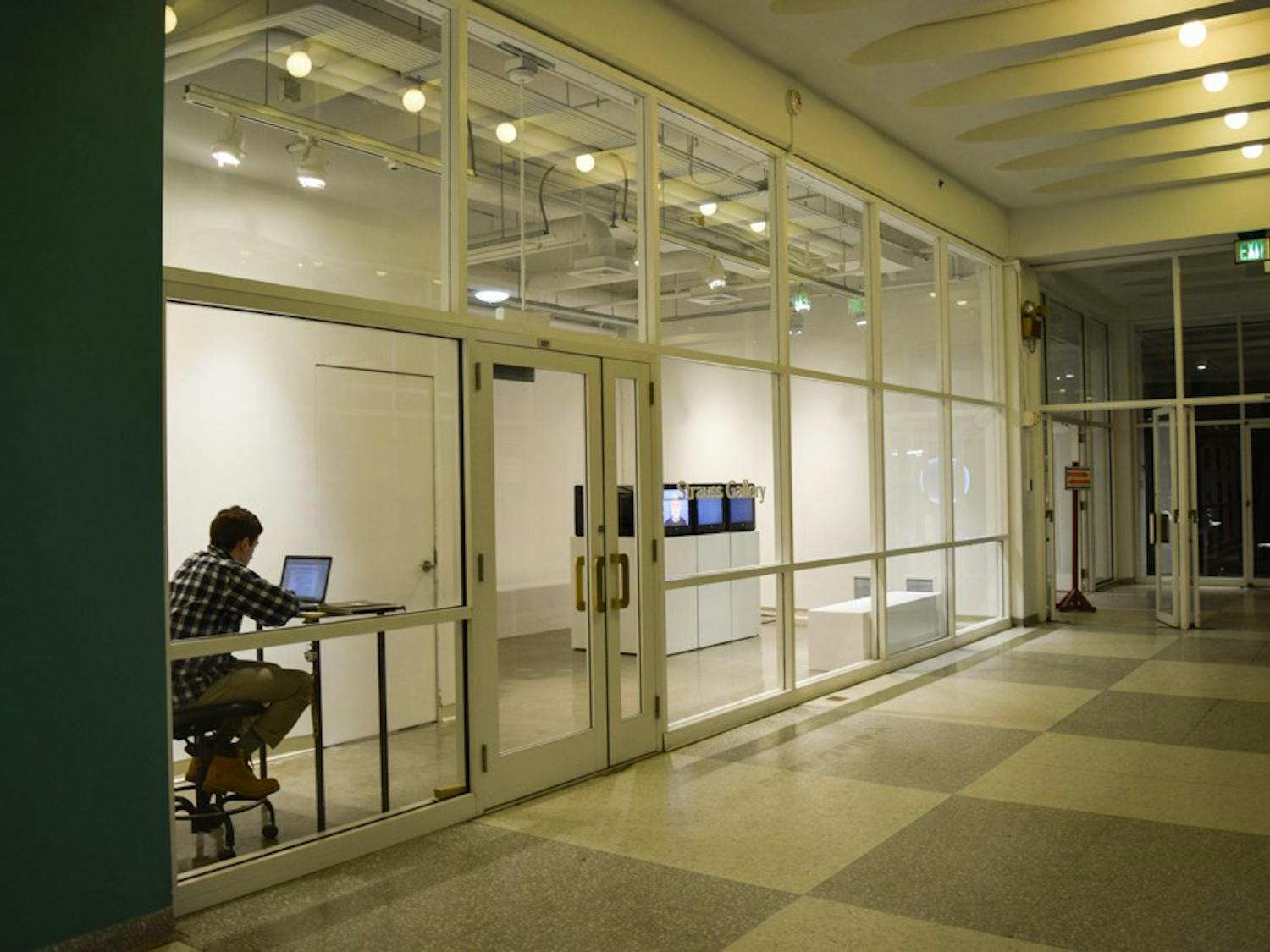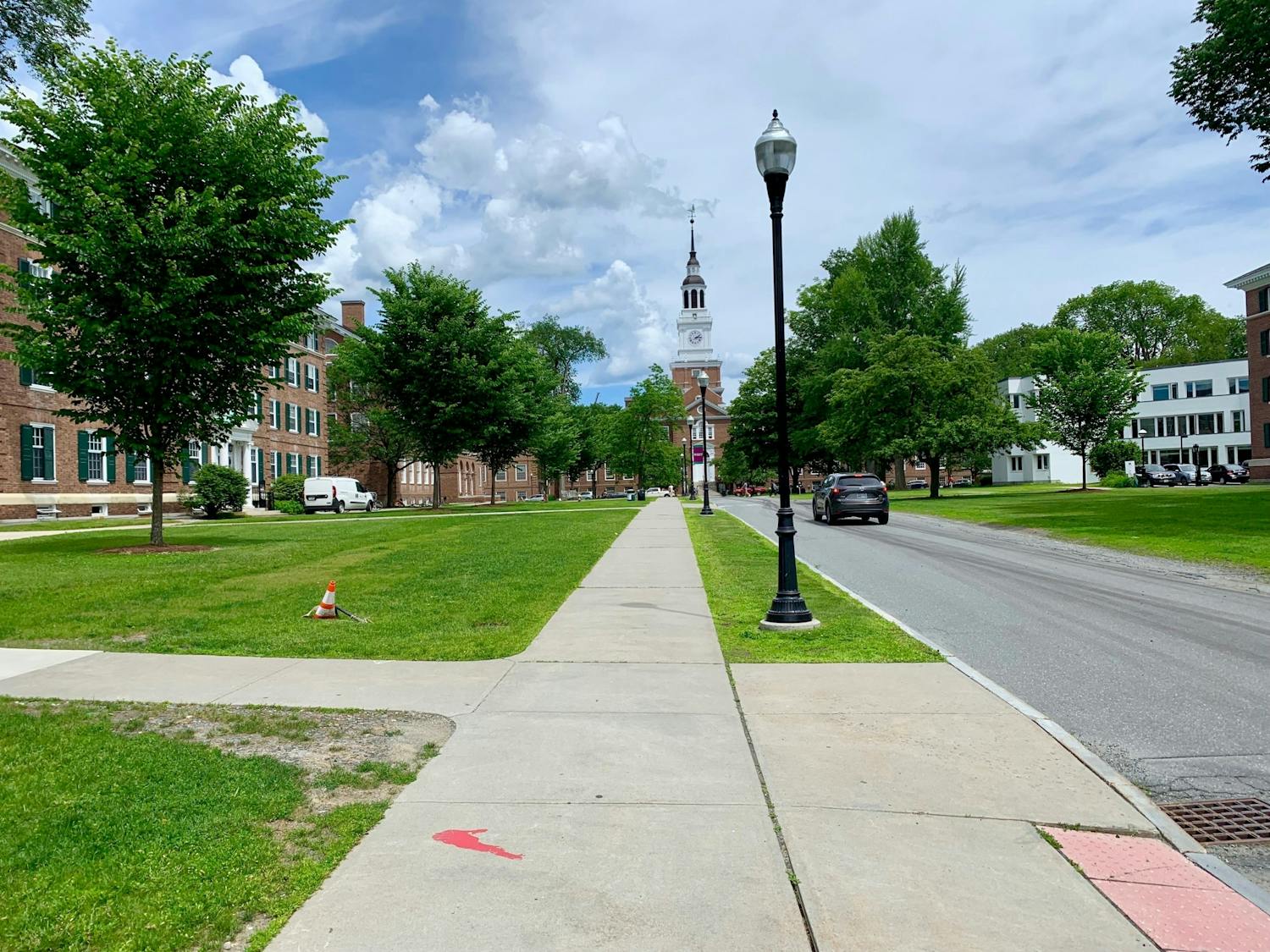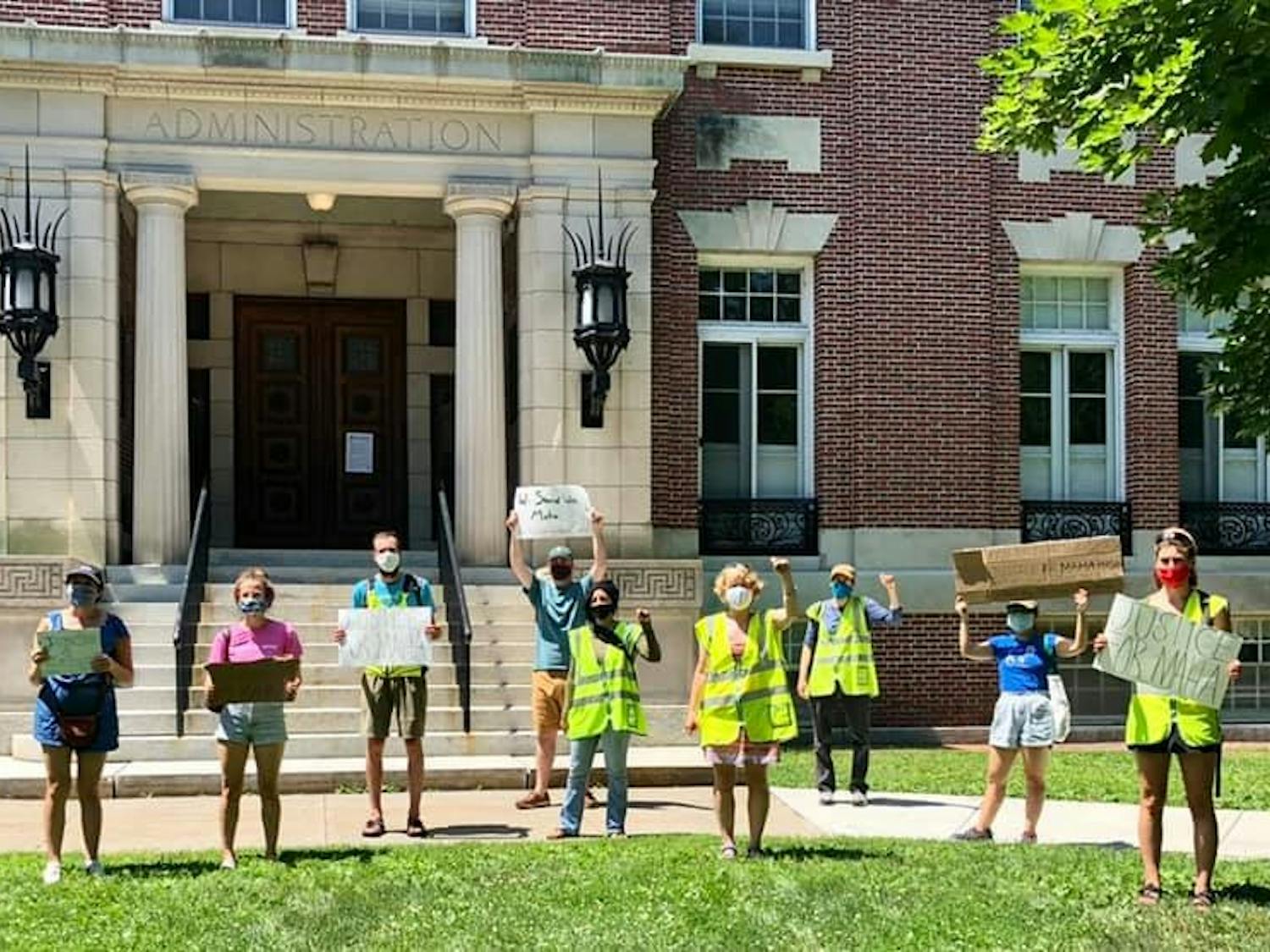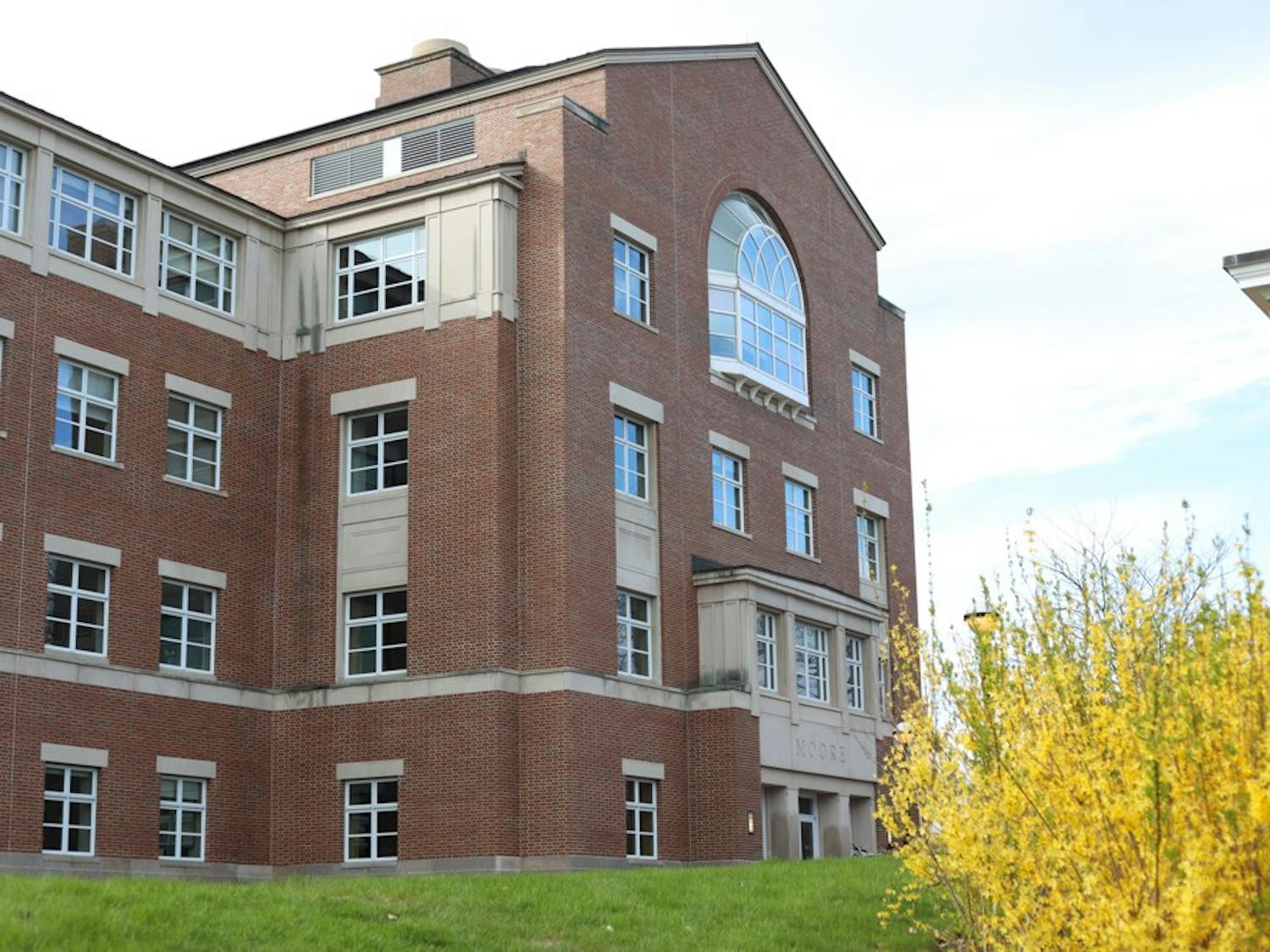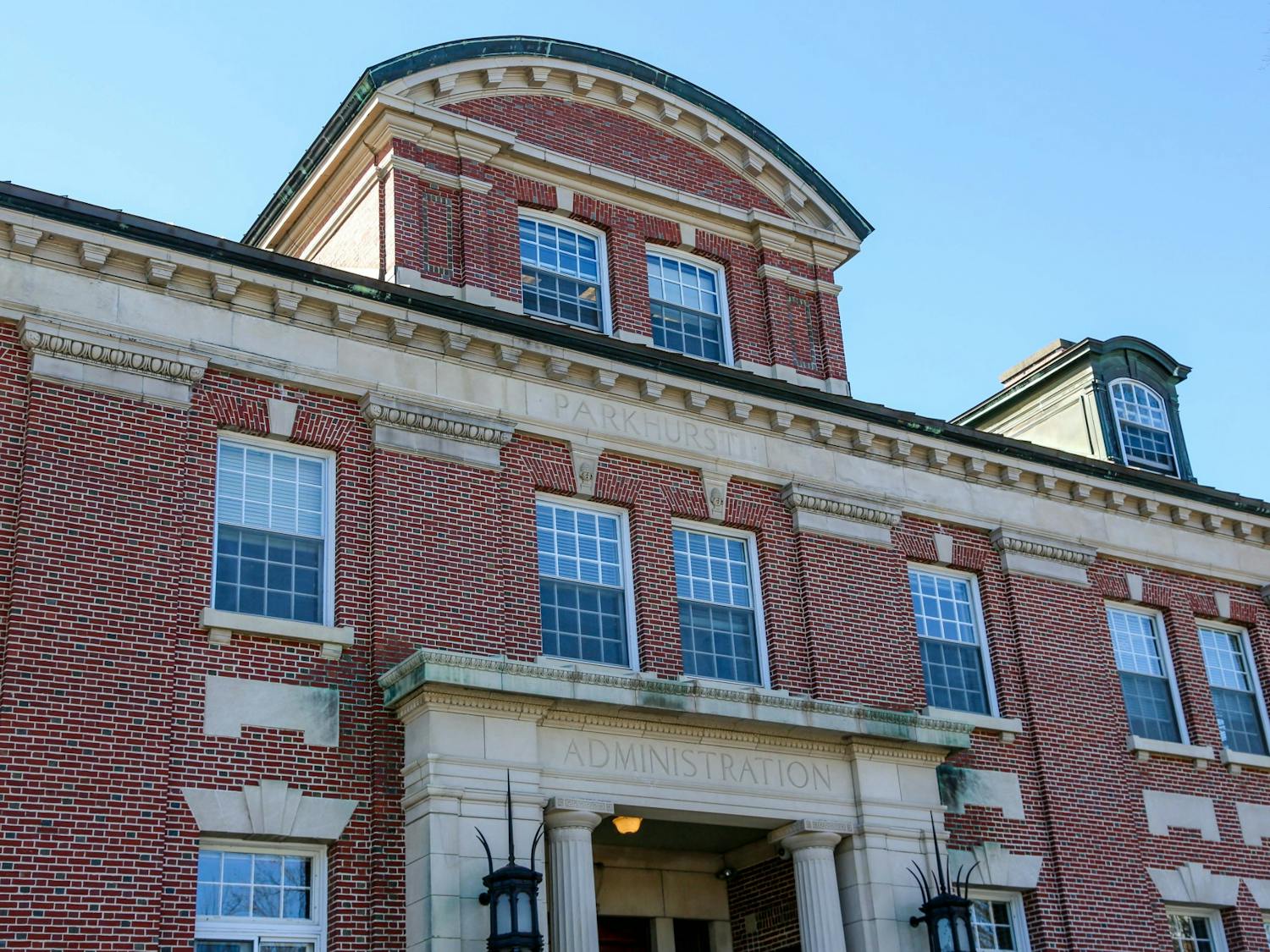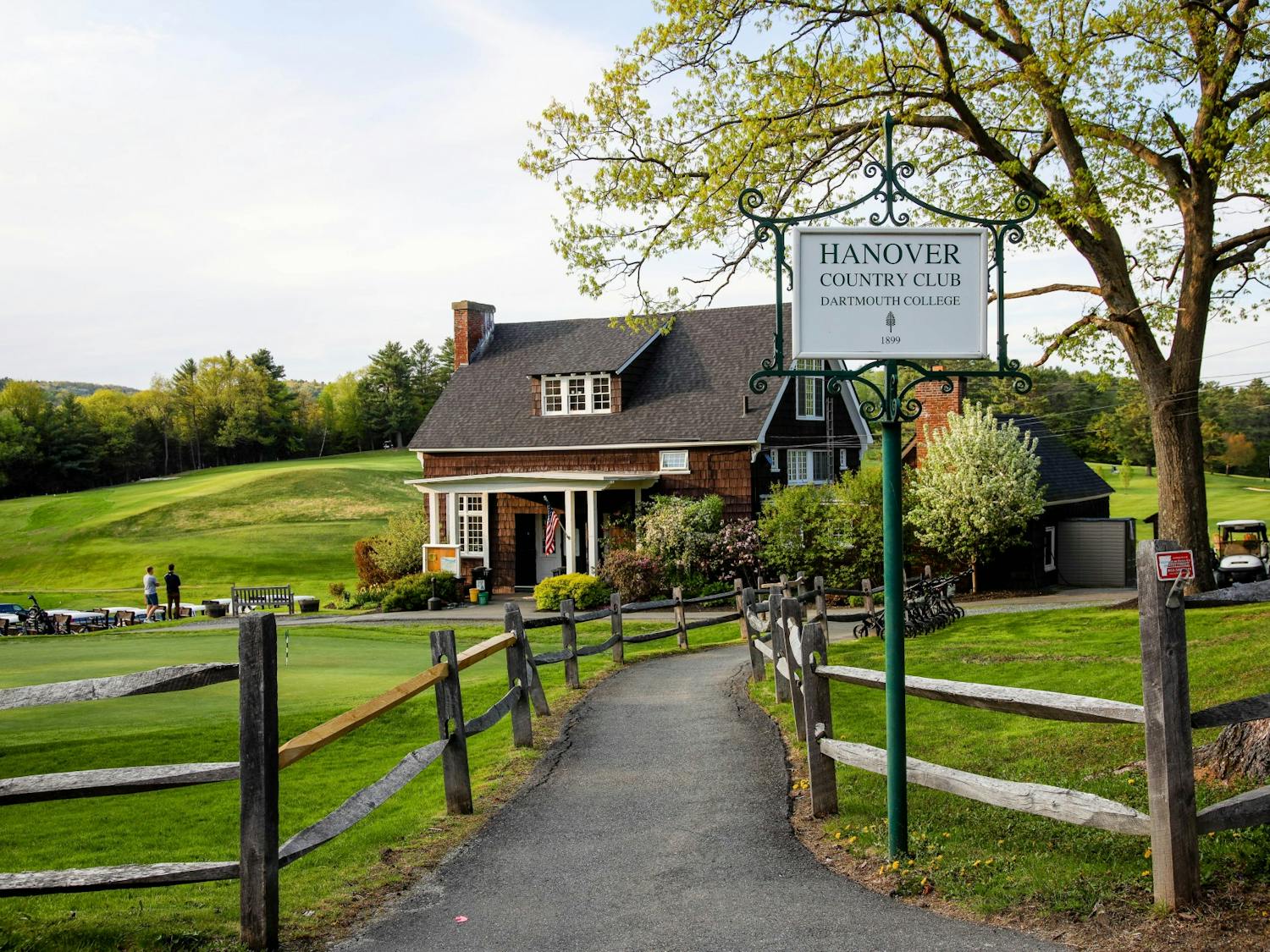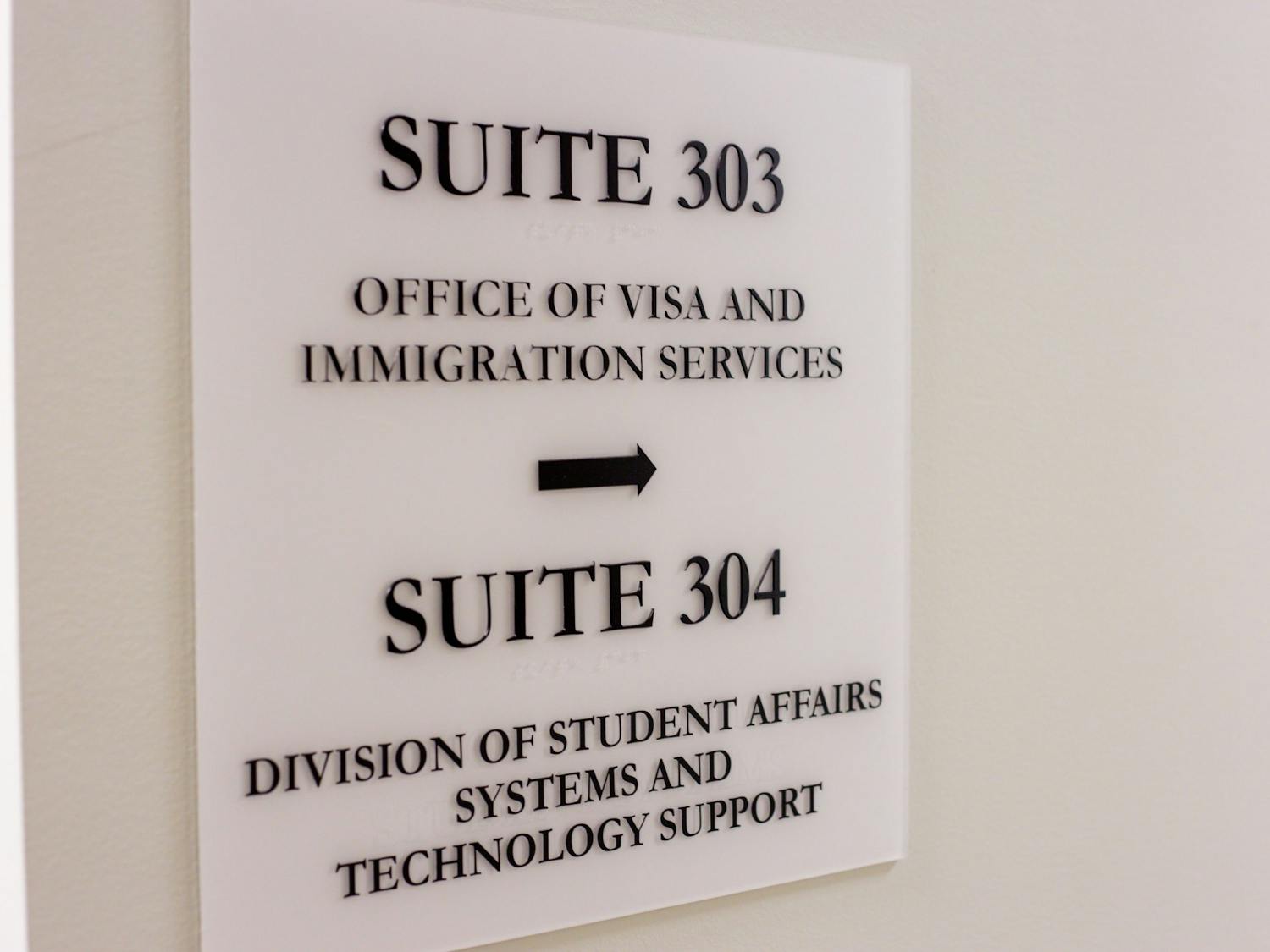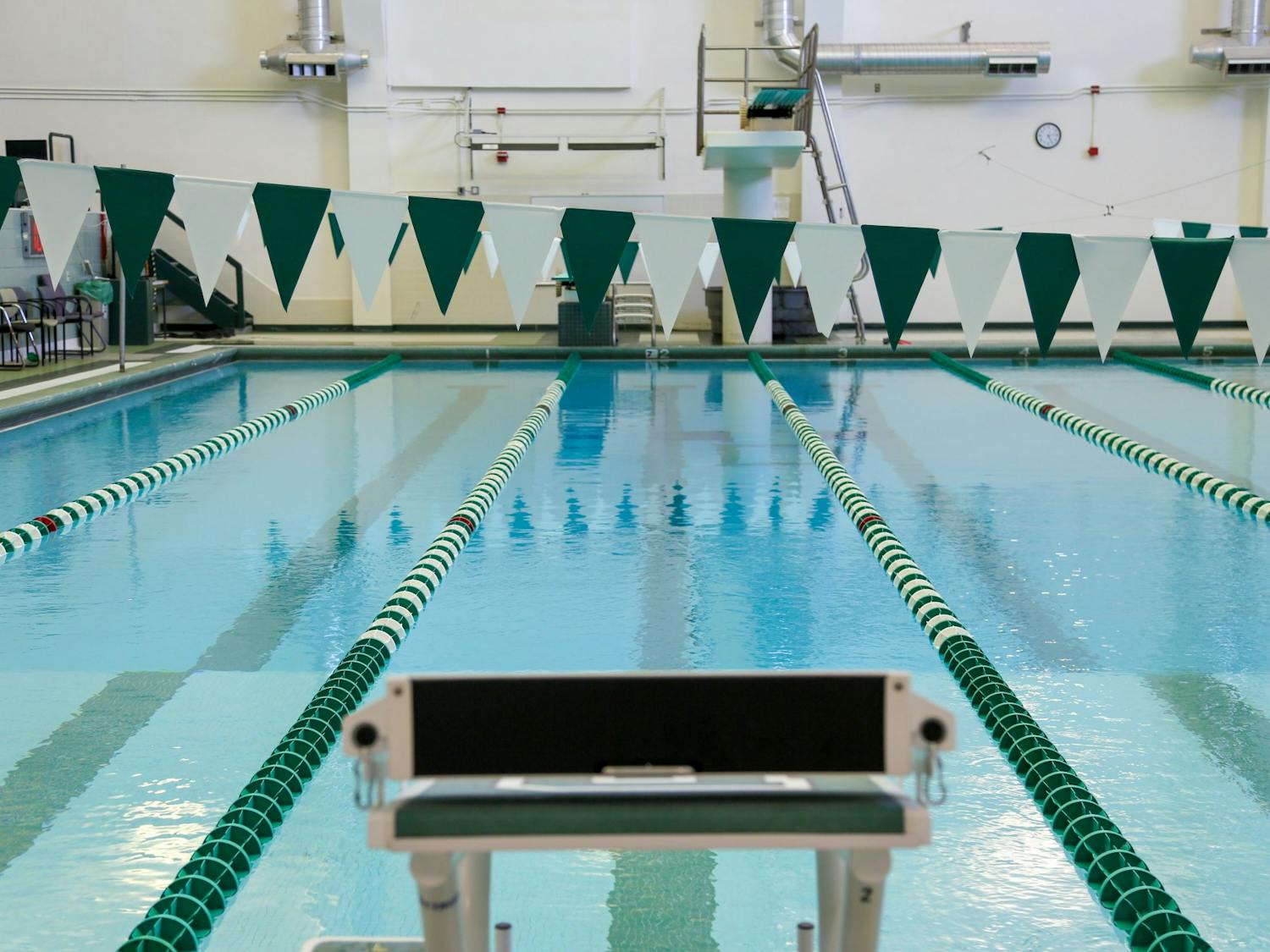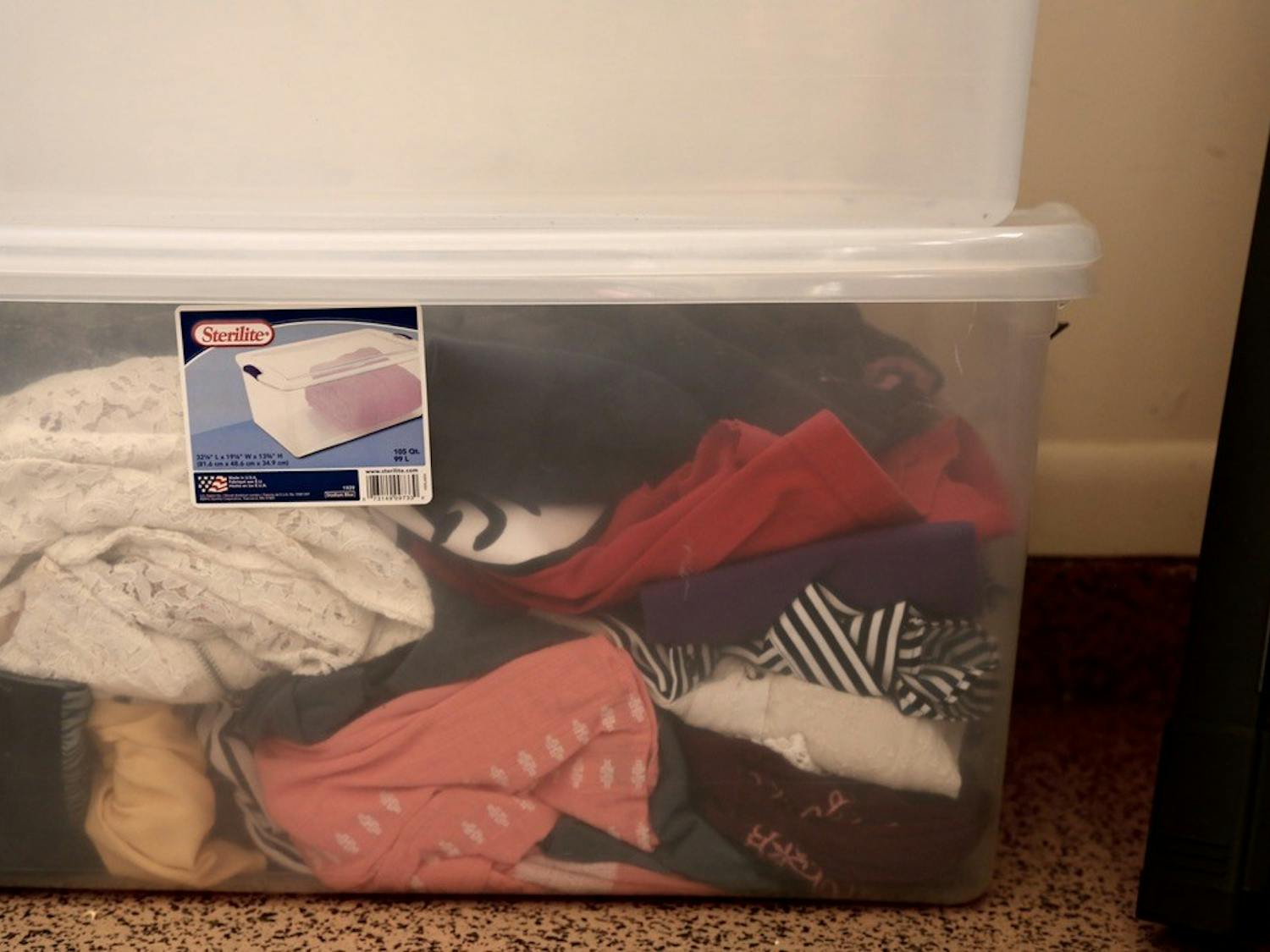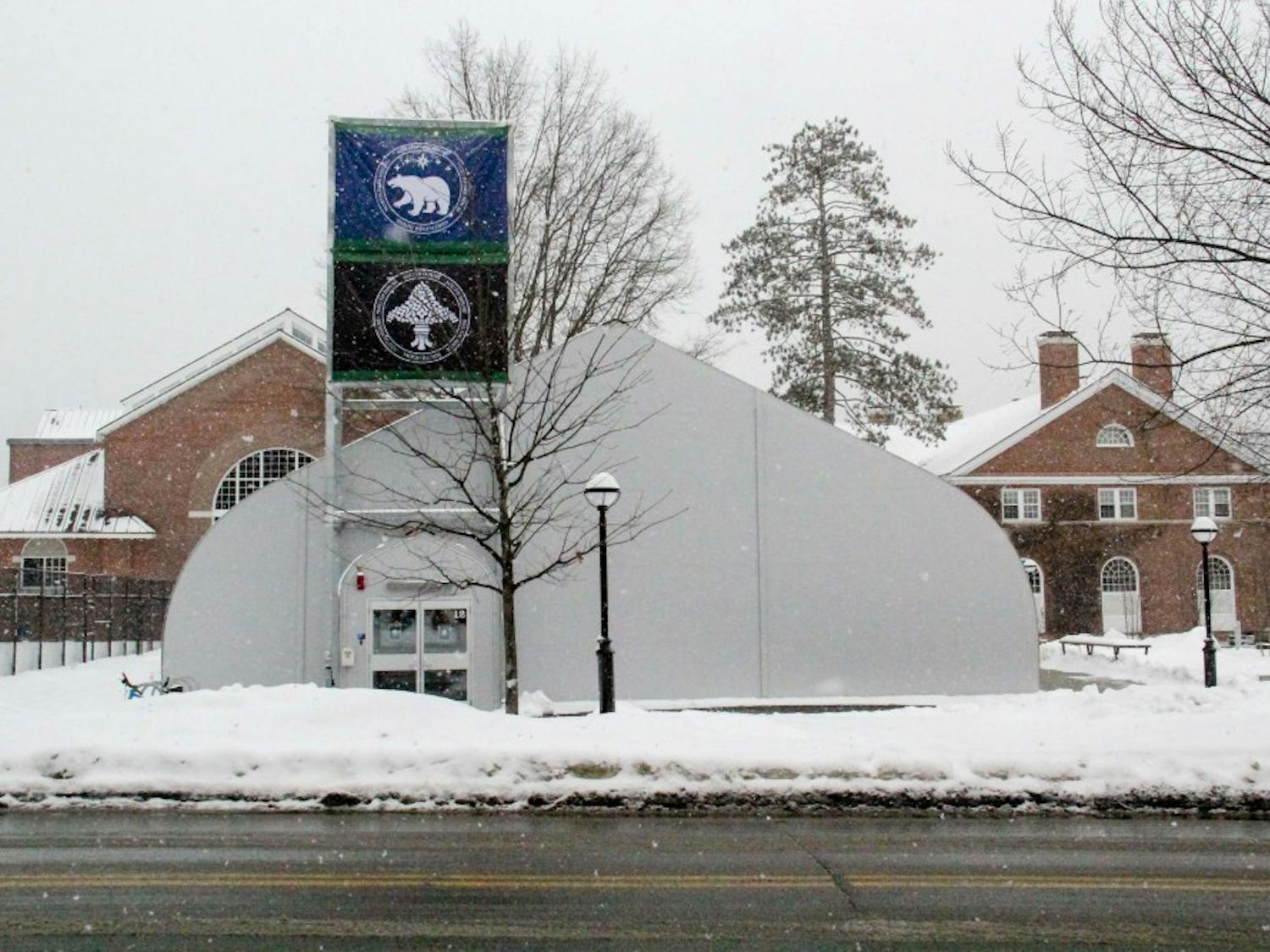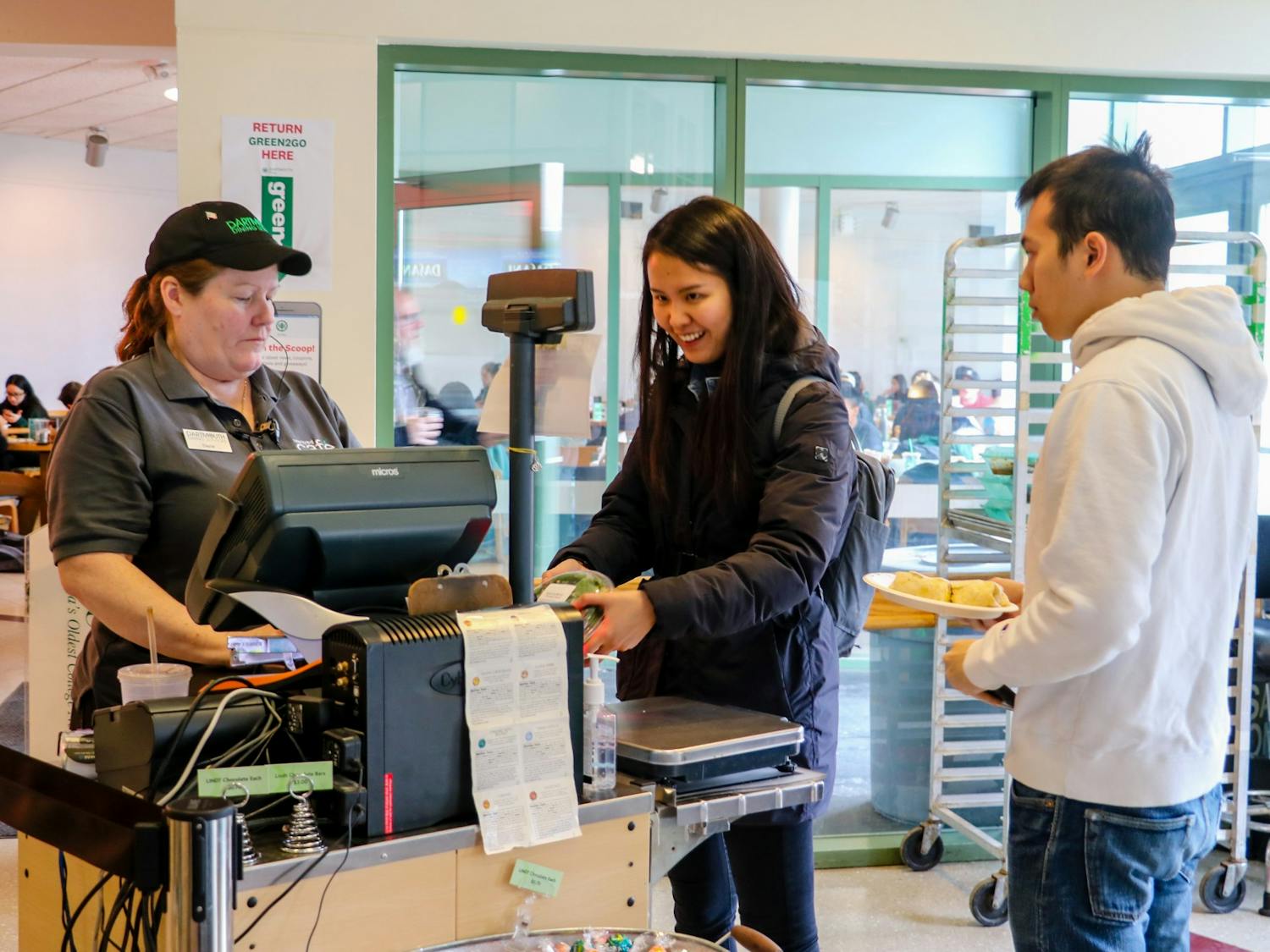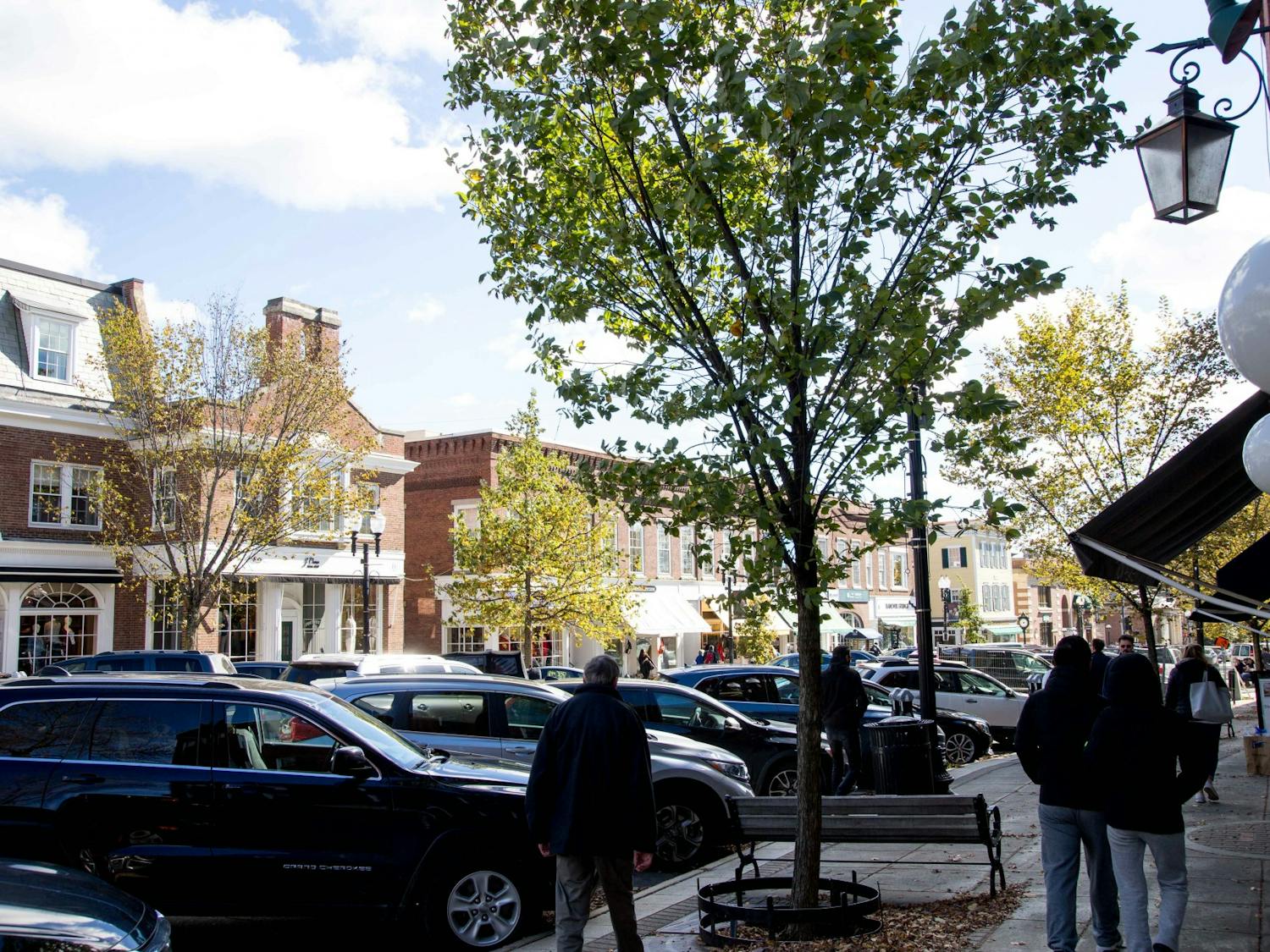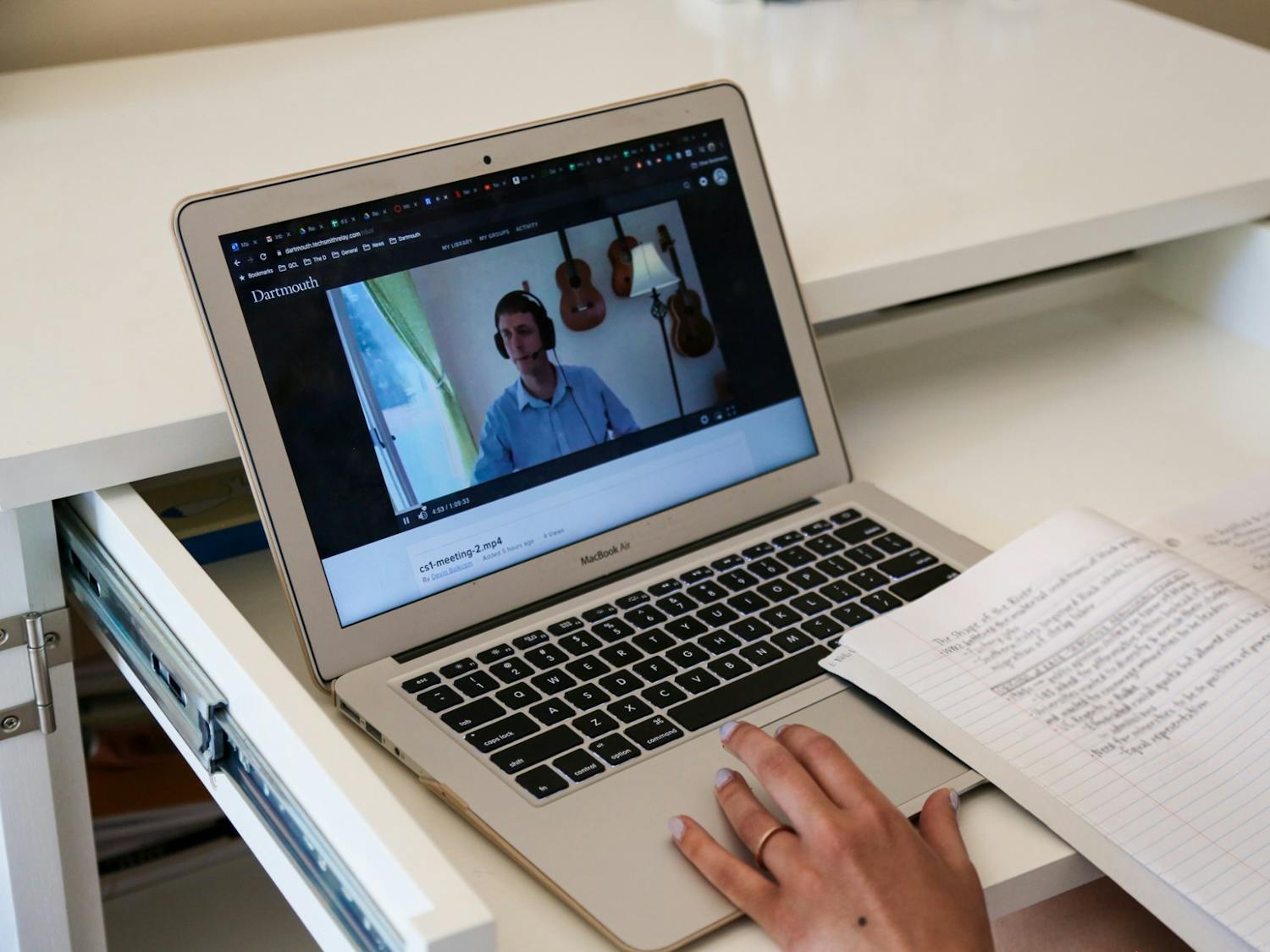Student workers await details on fall employment
Since students left Hanover last March, some student workers have lost their campus jobs, while others have adapted to online versions of their roles in the admissions office, Office of Residential Life and the Institute for Writing and Rhetoric. With little guidance yet from their supervisors, some students are uncertain about their employment opportunities for the fall.

